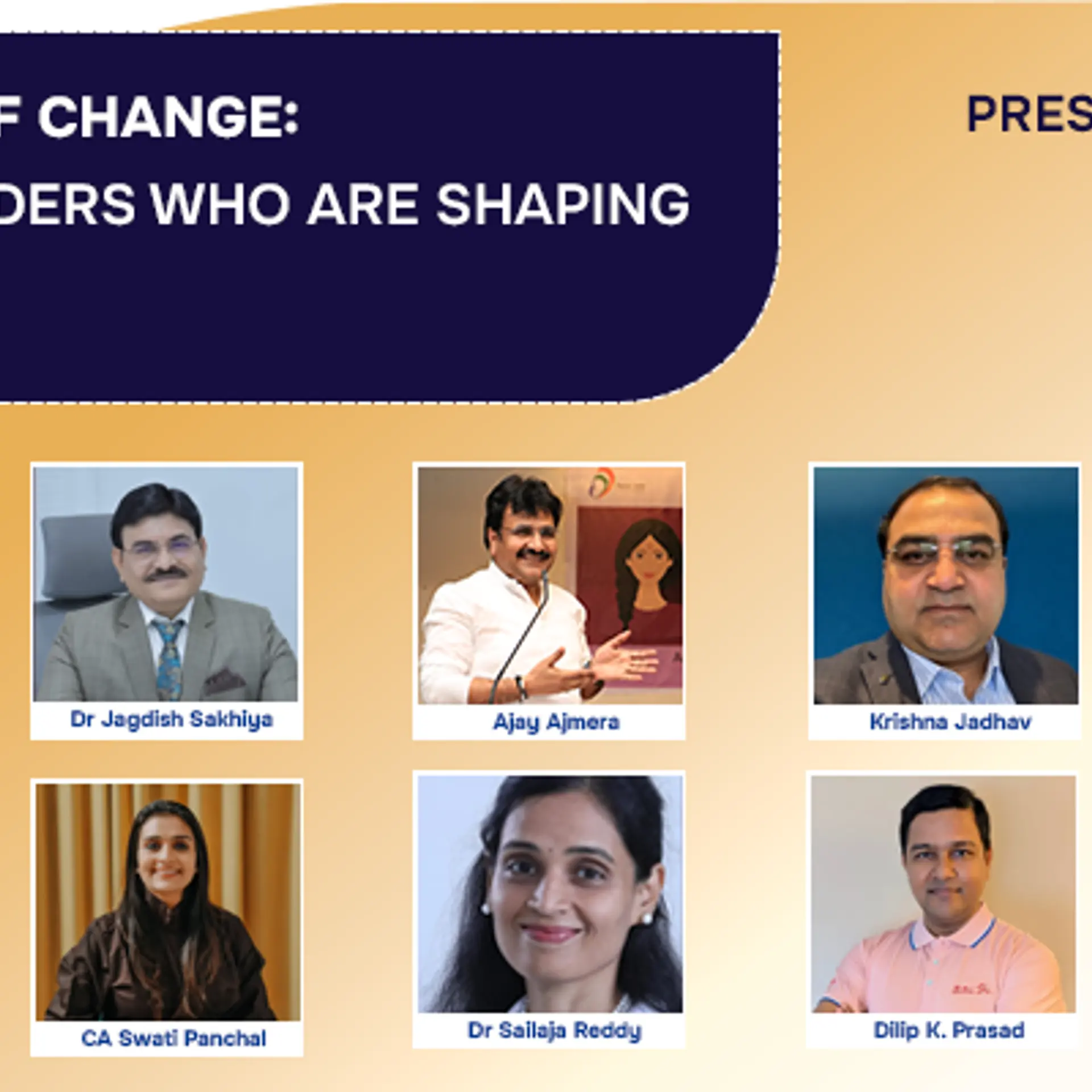Google's New 'Gems': Personalising AI with Gemini's Latest Upgrade
Google's Gemini AI steps up the customization game with 'Gems,' enabling users to create personalised AI experts for various tasks. Dive into how this innovation could transform your daily workflow—read on to explore the full potential!
Google is upping the ante in the AI world with its latest innovation: "Gems," a new feature integrated into its Gemini AI platform. This move aims to bring a new level of customisation to AI, setting the stage for a showdown with competitors like OpenAI, Microsoft, and Meta, who are also venturing into personalised AI tools.
What are Google’s Gems?
Gems are essentially customisable AI assistants tailored to meet specific user needs. They offer a unique twist on AI by allowing users to create “experts” on particular topics or tasks. Imagine having a personal assistant who can help you brainstorm party ideas, provide constructive feedback on your writing, guide you through career decisions, or even serve as a coding mentor. That's what Gems bring to the table—AI that is not just smart but also personalised and highly adaptable to individual needs. They can retain detailed instructions, making them particularly useful for repetitive or complex tasks, and are available across 150 countries in multiple languages, although they are currently limited to paid Gemini Advanced, Business, and Enterprise subscribers.
How Do Gems Work?
To create a Gem, users provide specific instructions and can even give their AI assistant a unique name. Google offers a range of pre-made Gems to get started, including a "Learning Coach" to break down complex subjects, a "Career Guide" for personalised career advice, and a "Coding Partner" to assist with software development projects. Additionally, the customisation options are made accessible through the intuitive Gem Manager interface, where users can set detailed instructions and monitor performance—ideal for those looking to streamline their workflows or tackle specific projects.
Gems vs. The Competition
Google's move with Gems aligns with similar offerings from other tech giants. For example, OpenAI's GPT Store allows users to create and share custom versions of ChatGPT, while Microsoft’s Copilot Studio and Meta’s AI Studio provide platforms for developing tailored AI assistants. However, Google differentiates itself by leveraging its extensive ecosystem—Gems can integrate seamlessly with various Google services, such as Gmail, Google Drive, and YouTube, to provide more contextual and data-driven responses.
Upgraded Image Generation with Imagen 3
Alongside Gems, Google has rolled out an improved image generation model called Imagen 3. This model boasts enhanced capabilities, such as generating high-quality images in various styles, from photorealistic landscapes to textured oil paintings. Imagen 3 also comes with built-in safeguards like SynthID, a watermarking technology to mitigate the risk of deepfakes and misinformation.
A Strategic Move in a Crowded Market
With the launch of Gems and Imagen 3, Google aims to strengthen its position in the AI market, which has become increasingly competitive. While Google has been a leader in AI research, its consumer-facing AI products have often lagged. This initiative could help Google catch up to, or even surpass, its rivals by offering a more personalised and user-friendly AI experience.
Google's Gemini is making bold moves to stay relevant in the ever-evolving AI landscape. With Gems, Google offers a highly customisable, integrated AI solution that taps into the growing demand for personalised AI experiences. As the tech giants continue their race for AI supremacy, one thing is clear: the future of AI is not just smart; it's personal.
Edited by Rahul Bansal







